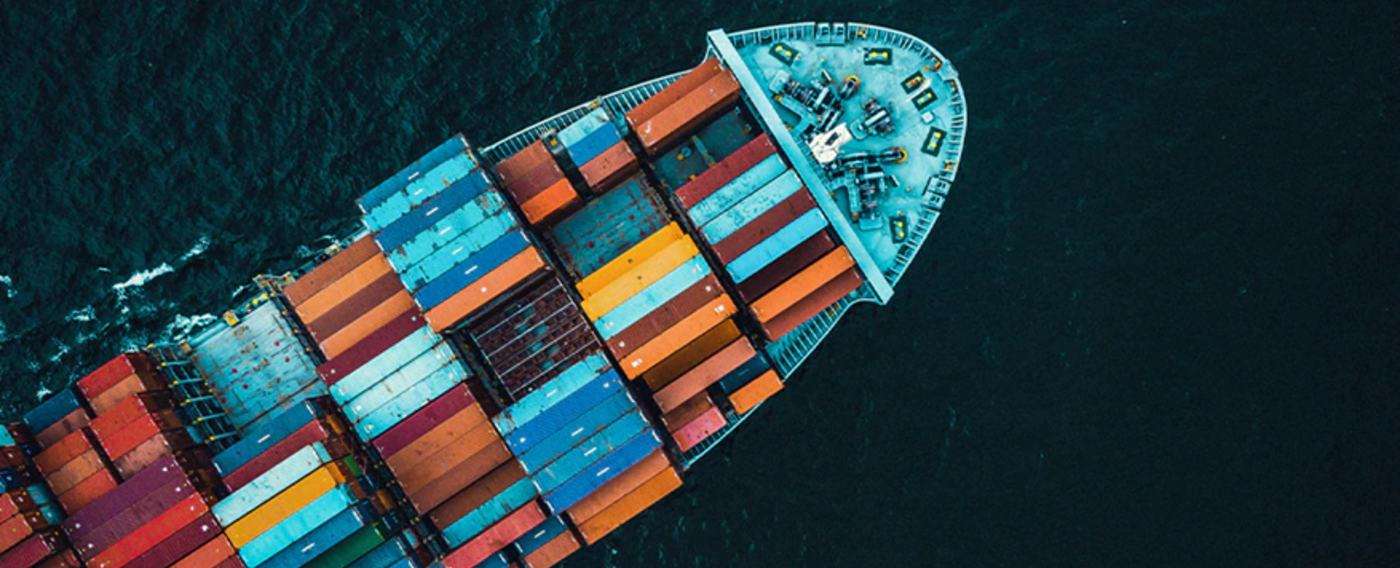This Brilliant Low-Income Housing in Colombia is Made From Coffee Waste
In Colombia, where rural isolation causes housing shortages, Bogota-based Woodpecker makes pre-fab houses out of coffee husks for just $4,500.

The world's largest container shipment carrier has announced that in just two years' time it will be putting a little more green into the deep blue sea.
Maersk is deploying their first carbon-neutral shipping liner that incorporates e-methanol or bio-methanol as fuel in 2023.
The green liner is to join the fleet a full seven years ahead of the Danish company's original date—as they hope to rapidly shape the future of marine container shipping into one that's carbon-neutral.
According to a press release, the developments of new technology have allowed them to deploy an ethanol-powered liner long before they thought possible, thereby replacing the original target of 2030 with a goal for a 60% reduction in shipping CO2.
"Maersk's ambition is to lead the way in decarbonizing global logistics," says Søren Skou, CEO at Maersk, in the press release. "Our customers expect us to help them decarbonize their global supply chains, and we are embracing the challenge, working on solving the practical, technical and safety challenges inherent in the carbon neutral fuels we need in the future."
The International Maritime Organization (IMO), a UN body advising international maritime law and practices, has a greenhouse gas reduction strategy that aims to reduce levels of harmful global shipping emissions from benchmark 2008 levels by 40% by 2030, and by 70% by 2050.
To succeed in bringing shipping emissions down, which in 2014 sat at 961 million tons of CO2 and CO2-equivalents—about 3% of the world's inventory—the IMO will need the help of industry leaders like Maersk in pushing other container shipping guilds into the picture more quickly.
However, despite Maersk getting out in front of the issue, trends are moving in the right direction as increases in technology better the performance of vessels, and fuels.
For example, according to Clean Cargo, the leading buyer-supplier forum for sustainability in the cargo shipping industry, the number of shipping vessels, their size, and their cargo, has increased 157% since 2010, but 2018-2019 saw an 8.1% reduction in CO2 emissions and a 10.2% reduction in sulfur dioxide.
Furthermore, emissions on key shipping routes from Asia to India, and from Asia to the Mediterranean, have fallen 12%.
This demonstrable increase in the existing shipping technology will likely lead to other companies starting their carbon reduction missions ahead of schedule—as such goals become cheaper to employ.
SAIL the Hopeful News Over to Your Friends on Social Media…
Be the first to comment